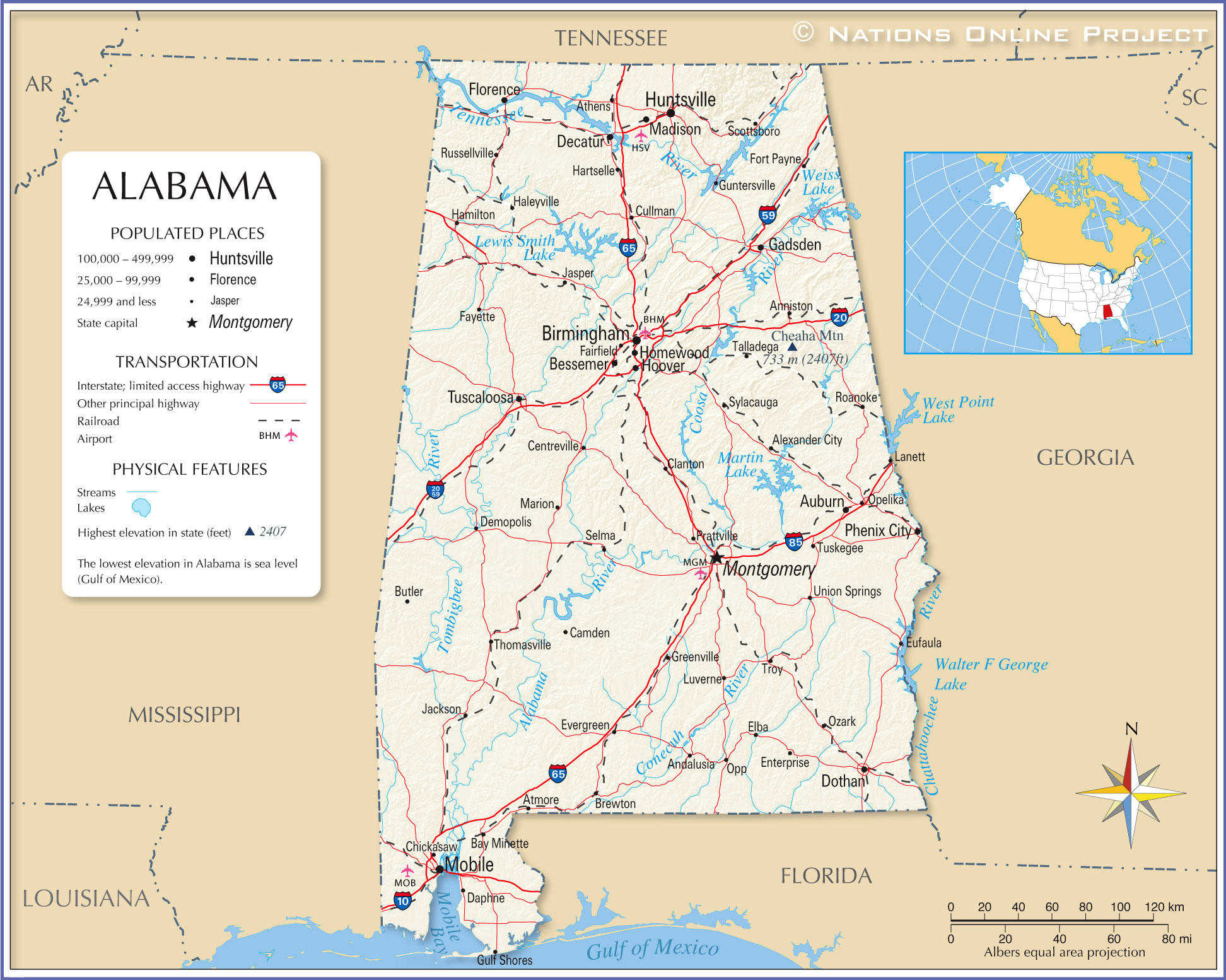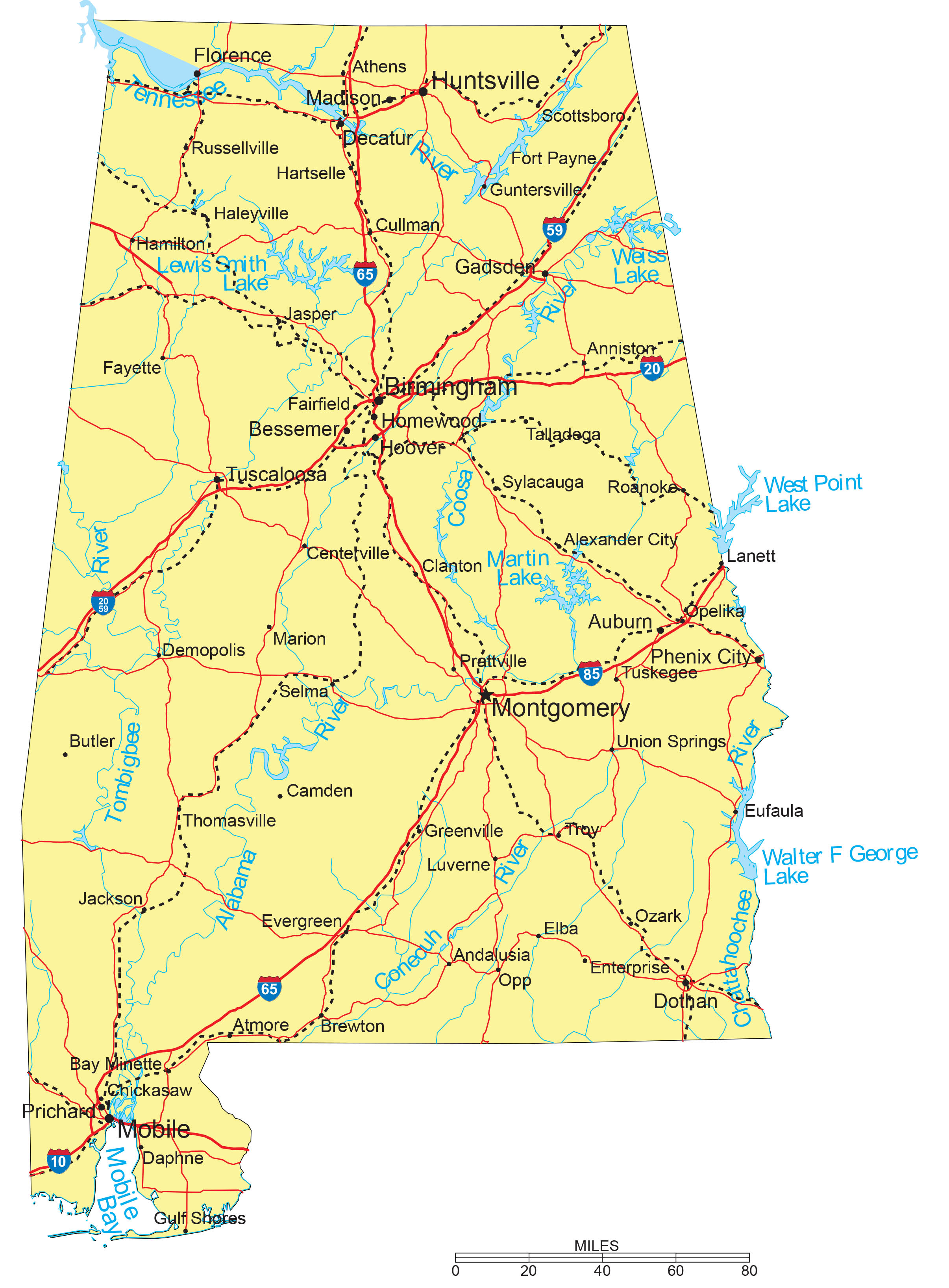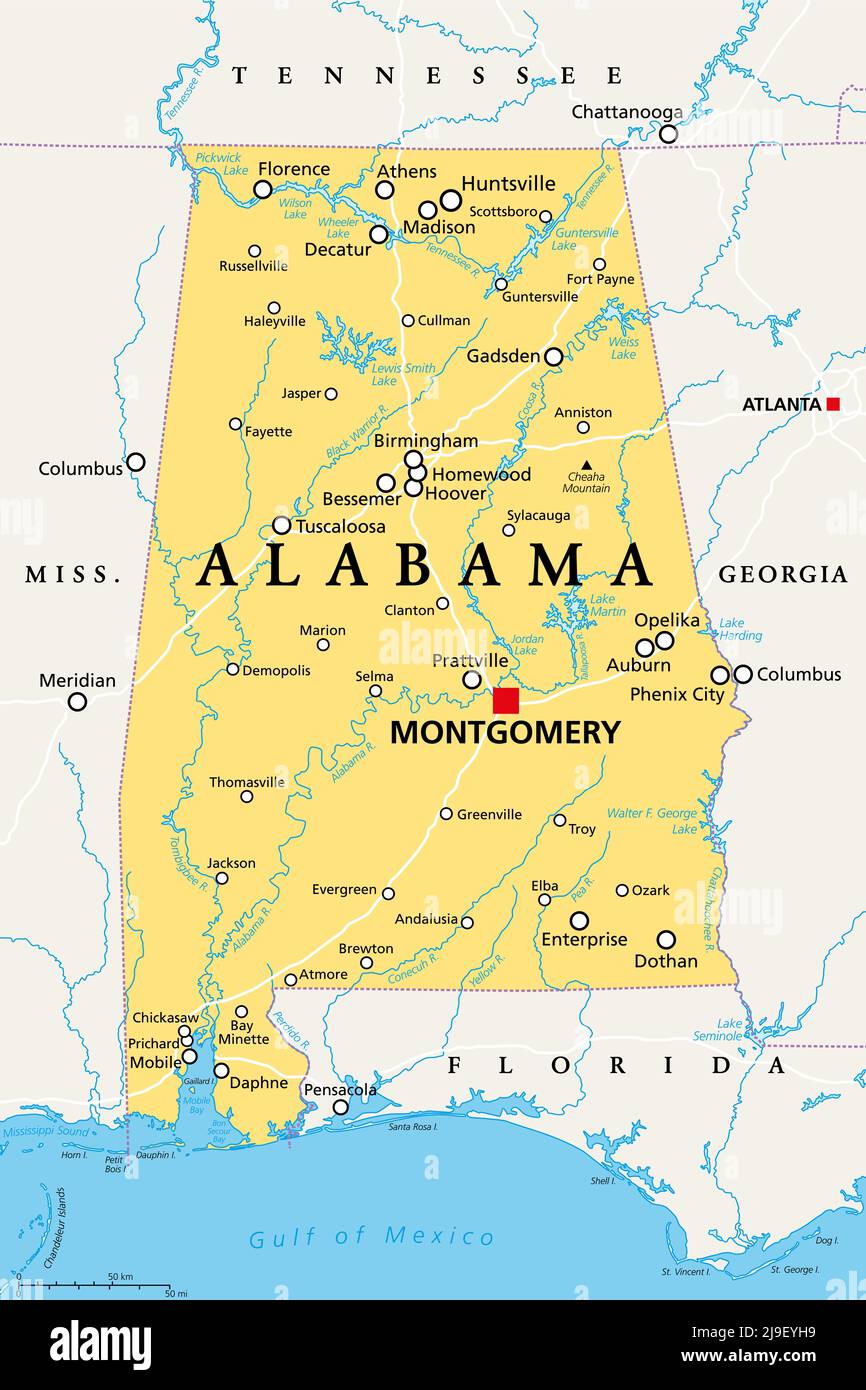The phrase "Alabama Gypsy Rose Jennings" might, at first glance, bring to mind a specific person, perhaps someone with a compelling, even dramatic, story. Yet, it actually serves as a powerful prompt, inviting us to consider the profound human narratives that unfold across the American landscape, particularly within states like Alabama. It's a phrase that seems to echo with the weight of widely known, intricate family dynamics and the quiet struggles that can sometimes hide in plain sight. This combination of a geographical place and a name reminiscent of a deeply complex public case really encourages us to look closer at the layers of community life and individual experiences.
We often find ourselves drawn to stories that challenge our perceptions of truth, care, and the hidden facets of relationships. The very idea of an "Alabama Gypsy Rose Jennings" suggests a narrative that could be just as gripping, perhaps rooted in the unique social fabric and diverse communities found throughout Alabama. It prompts reflection on how similar situations might play out in different settings, from the bustling heart of Birmingham to the tranquil Gulf Coastal Plain.
So, what does this evocative phrase truly invite us to explore? It's more than just a name; it's an invitation to consider the resilience of individuals, the role of community awareness, and the sometimes surprising ways that complex human dramas can unfold in unexpected places. This article aims to gently unpack the broader themes and important conversations that a name like "Alabama Gypsy Rose Jennings" brings to the forefront, using general information about Alabama to help paint a picture.
Table of Contents
- The Echo of a Name: Understanding the Cultural Reference
- Alabama: A Tapestry of Communities
- Exploring the Themes of Complex Caregiving
- Community Awareness and Support
- Lessons and Reflections from Such Narratives
- Frequently Asked Questions (FAQ)
- A Final Thought
The Echo of a Name: Understanding the Cultural Reference
When we hear "Alabama Gypsy Rose Jennings," it's almost impossible not to connect it, in some way, to the widely publicized case of Gypsy Rose Blanchard. That particular story, unfolding over many years, revealed a chilling tale of severe child abuse, where a mother fabricated illnesses for her daughter, leading to unnecessary medical treatments and a life of profound deception. It’s a narrative that shocked many people, really highlighting the extreme lengths to which some forms of manipulation can go, and the deep, lasting impact on those involved.
The Blanchard case brought significant attention to conditions like Munchausen by proxy, now more formally known as Factitious Disorder Imposed on Another (FDIA). This is a mental health condition where a caregiver, often a parent, either makes up or causes a child to have physical or psychological symptoms of illness. The caregiver then presents the child as ill, injured, or impaired. The core motivation for the caregiver in these situations is typically to gain attention, sympathy, or other benefits from the role of a devoted, suffering caretaker. It's a very troubling scenario for everyone involved.
So, when we consider "Alabama Gypsy Rose Jennings," it's not about a specific, documented person with that exact name in Alabama, but rather the powerful cultural resonance of the "Gypsy Rose" narrative. It prompts us to think about how such complex, hidden struggles might exist in various communities, including those across Alabama. It's a phrase that, in a way, becomes a symbol for the unseen battles and the quiet resilience found in many places, perhaps even in towns like Foley, where the median gross rent was $35,501 in 2023, or Theodore, with a median gross rent of $31,729 in the same year, where families live their everyday lives.
- Securely Connect Remoteiot P2p Ssh Hacker
- Carly Jane Only Fans
- Leonarda Jonie
- Danielle Bregoli Naked
- Valvoline Coupon 25 Off
This evocative phrase, then, acts as a sort of lens. It allows us to examine the potential for vulnerability and the need for awareness in any community, regardless of its size or location. It’s a reminder that even in seemingly peaceful settings, like Fairhope or Troy, where the cost of living index in December 2024 was noted, there can be deeply private struggles that require careful attention and understanding. The narrative of "Gypsy Rose" is, in essence, a cautionary tale about appearances and the importance of looking beyond the surface, something that applies to any human interaction, anywhere.
Alabama: A Tapestry of Communities
Alabama is, quite simply, a state with a rich and varied character. In 2002, it ranked 23rd in population among the 50 states, with an estimated total of 4,486,508 people, showing a 0.9% increase since 2000. Between 1990 and 2000, Alabama's population actually grew quite a bit, reflecting a steady, if sometimes subtle, shift in its demographics. This growth brings with it a fascinating mix of people and experiences, really making the state a diverse place.
The state's topography, too, tells a story. Alabama is divided into four major physiographic regions: the Gulf Coastal Plain, the Piedmont Plateau, the Ridge and Valley section, and the Appalachian (or Appalachian Plateau). Each of these regions offers a distinct landscape and, in a way, shapes the communities that call them home. The Gulf Coastal Plain, for instance, includes areas like Mobile, where mean prices in 2023 for townhouses or other attached units were noted, and it's a very different environment from the more rugged Appalachian areas. This geographical variety means that community structures and social interactions can differ quite a bit from one part of the state to another.
Cities like Birmingham, a major urban center, face their own unique challenges, including crime statistics that are tracked, such as murders, rapes, robberies, and assaults. These details, while serious, are part of the broader picture of life in a large city. Then you have places like Troy, where the median gross rent in 2023 was noted, and the cost of living index in December 2024 was compared to the U.S. average (120% greater than the overall U.S. average, with the average being 100). This economic data gives us a little glimpse into the daily lives of residents there, including their houses and apartments. These economic realities, and the very different ways people live, can certainly influence family dynamics and community support systems, in some respects.
The social fabric of Alabama is also quite interesting. In some areas, like Manchester compared to the Alabama state average, there might be an unemployed percentage below the state average, or a Black race population percentage significantly below the state average. These demographic details, while just statistics, hint at the diverse backgrounds and experiences of people living across the state. Understanding these varied settings helps us appreciate how stories like the "Gypsy Rose" narrative, which speaks to hidden struggles and vulnerabilities, might resonate differently, yet powerfully, within Alabama's many unique communities. It's a complex picture, really, of human life unfolding in a variety of settings.
Exploring the Themes of Complex Caregiving
The broader themes evoked by "Alabama Gypsy Rose Jennings" really push us to think about the intricate nature of caregiving, especially when it goes terribly wrong. It's a difficult subject, but an important one. We often assume that caregivers, particularly parents, are always acting in the best interest of those they look after. However, cases like the one involving Gypsy Rose Blanchard reveal a darker side, where the very act of care becomes a tool for harm and deception. This kind of situation is incredibly hard for people to grasp, as it turns a fundamental human bond on its head.
Munchausen by proxy, or FDIA, is a particularly insidious form of abuse because it's so difficult to detect. The perpetrator often appears as a devoted, loving caregiver, garnering sympathy and admiration from medical professionals, friends, and family. The child, meanwhile, is subjected to unnecessary medical procedures, medications, and often, a life isolated from normal experiences. It’s a very hidden form of abuse, making it incredibly hard for others to spot. The child is, in a way, trapped within a manufactured reality, which can have profound and lasting psychological effects. They might not even know what is truly happening to them, which is a bit terrifying.
Identifying this kind of abuse requires a very keen eye and a willingness to look beyond the surface. It often involves inconsistencies in the child's symptoms, a lack of improvement despite extensive treatment, or a pattern of the child's symptoms only appearing when the caregiver is present. Medical professionals, in particular, play a crucial role, needing to piece together a puzzle from various observations and medical records. It's a truly delicate balance between providing appropriate care and recognizing when something is deeply amiss. This is why awareness of FDIA is so vital, not just for medical staff, but for anyone who interacts with children and their caregivers. So, in some respects, the phrase helps highlight this crucial need for vigilance.
The emotional toll on the child in these situations is immense, and that is something we must never forget. They are denied a normal childhood, often subjected to physical pain and emotional manipulation, and grow up without a clear sense of their own health or reality. The path to recovery for survivors is long and challenging, requiring extensive therapy and support to unravel years of deception and trauma. The "Alabama Gypsy Rose Jennings" concept, then, helps us consider the importance of safeguarding children and recognizing the subtle, yet devastating, signs of abuse, no matter where it occurs. It's a reminder that even in quiet towns, like those that make up much of Alabama's population, such hidden battles might be taking place.
Community Awareness and Support
The discussion around "Alabama Gypsy Rose Jennings" naturally leads us to think about the role of community in preventing and responding to complex forms of child abuse. Communities, whether in bustling Mobile or quieter Fairhope, are made up of individuals, neighbors, teachers, and healthcare workers, all of whom play a part in the safety net for children. When cases like the Gypsy Rose Blanchard story come to light, they often spark conversations about how such situations could go unnoticed for so long, prompting a collective reflection on vigilance and intervention. It's a really important conversation to have, actually.
Building strong community awareness is a key step. This means educating people about the signs of various forms of child abuse, including less obvious ones like Munchausen by proxy. It's not about being suspicious of every parent, but rather about knowing what to look for and understanding the proper channels for reporting concerns. Teachers, for example, spend a lot of time with children and might notice unusual patterns in attendance, behavior, or health complaints. Similarly, neighbors might observe patterns of isolation or unusual medical demands that raise a quiet alarm. These observations, when shared responsibly, can be truly life-saving.
Support systems within communities are also incredibly important. This includes accessible mental health services, family support programs, and child protective services that are well-resourced and responsive. In a state like Alabama, with its varied geography and population distribution, ensuring these resources are available across all regions—from the densely populated Birmingham area to more rural parts of the Ridge and Valley section—can be a bit of a challenge. The goal is to create an environment where families feel supported, and where concerns about a child's well-being can be addressed quickly and effectively, without judgment. It's about fostering a sense of collective responsibility for the well-being of all children.
Furthermore, the media's role in responsibly covering such stories, like the "Gypsy Rose" case, is also very important. While they bring crucial awareness, it's essential that the reporting is accurate and avoids sensationalism, focusing instead on the educational aspects and the importance of recognizing the signs of abuse. This helps to inform the public without creating undue fear or misunderstanding. The phrase "Alabama Gypsy Rose Jennings," then, serves as a reminder that every community, big or small, has a part to play in protecting its most vulnerable members, and that vigilance, combined with compassion, is absolutely vital. It's about creating a culture where children can truly thrive, which is something everyone wants.
Lessons and Reflections from Such Narratives
The evocative phrase "Alabama Gypsy Rose Jennings" compels us to consider the enduring lessons learned from high-profile cases of hidden abuse. These narratives, while deeply troubling, offer vital insights into human behavior, the complexities of family dynamics, and the critical need for societal safeguards. One major lesson is the importance of trusting your instincts, even when something seems off, especially when it comes to a child's well-being. Sometimes, what appears to be a devoted caregiver might actually be causing harm, and recognizing that can be very hard.
Another crucial takeaway is the power of observation and consistent record-keeping, particularly within the medical field. In cases of suspected Munchausen by proxy, doctors and nurses who meticulously document symptoms, treatments, and patient responses can often piece together a pattern that reveals the true nature of the situation. This level of careful attention is, in a way, a cornerstone of identifying such subtle forms of abuse. It really highlights how important every detail can be when a child's health is at stake.
These stories also underline the profound impact of trauma on survivors. The journey of recovery for someone who has experienced years of fabricated illness and emotional manipulation is incredibly challenging. It requires extensive psychological support to help them understand their past, process their emotions, and build a new sense of self and reality. Communities, including those across Alabama, need to have accessible resources for survivors, offering pathways to healing and independence. This means mental health services that are sensitive to complex trauma, and support networks that can provide long-term care. It's a very long road, often.
Ultimately, the concept of "Alabama Gypsy Rose Jennings" encourages a broader conversation about empathy, critical thinking, and collective responsibility. It's about fostering a culture where individuals feel empowered to speak up when they see something concerning, and where systems are in place to respond effectively and compassionately. It’s also about recognizing that vulnerability can exist anywhere, from the most populated cities like Birmingham to smaller, close-knit towns. By reflecting on these difficult narratives, we can, in some respects, strengthen our communities and better protect those who are most susceptible to harm. It's a continuous process of learning and adapting, really.
Frequently Asked Questions (FAQ)
What is the core story behind the "Gypsy Rose" reference?
The "Gypsy Rose" reference generally points to the highly publicized case of Gypsy Rose Blanchard. It's a story about a daughter who was a victim of severe child abuse, where her mother, Dee Dee Blanchard, fabricated various illnesses and disabilities for her. This led to Gypsy Rose undergoing many unnecessary medical procedures and living a life of profound deception and isolation. The case eventually came to light when Gypsy Rose, seeking escape, conspired with an online boyfriend to murder her mother. It's a very complex and, in a way, tragic narrative that has captured public attention.
What happened to Gypsy Rose's mother in that well-known case?
In the widely known Gypsy Rose Blanchard case, her mother, Dee Dee Blanchard, was murdered. Gypsy Rose, feeling trapped and abused by her mother's actions, conspired with her then-boyfriend, Nicholas Godejohn, to commit the act. Godejohn carried out the murder in June 2015. This event brought the entire, hidden story of Gypsy Rose's life to the attention of authorities and the public, revealing the years of medical child abuse she had endured. It was a shocking conclusion to a very long, secret struggle.
Where is Gypsy Rose Blanchard now, and what can we learn from her experience?
Gypsy Rose Blanchard was released from prison in December 2023, after serving time for her role in her mother's death. She has since been living her life, adjusting to newfound freedom and public attention. Her experience offers many important lessons, particularly about the devastating impact of medical child abuse and the psychological toll it takes on victims. It also highlights the critical need for greater awareness of conditions like Factitious Disorder Imposed on Another (FDIA) and the importance of robust support systems for children and survivors. Learning more about complex family dynamics on our site can provide further context, and you can also link to this page for resources on child welfare. Her story, in a way, serves as a powerful reminder of the hidden struggles some individuals face.
A Final Thought
The phrase "Alabama Gypsy Rose Jennings" truly encourages us to look deeper, past the surface of things, and to consider the intricate human stories that exist all around us. It's a call to foster communities where every child feels safe, seen, and supported. By understanding the broad themes this phrase brings to mind, we can all contribute to a more watchful and caring world, where hidden struggles are brought to light with compassion and effective help. It's a continuous journey, really, of learning and growing together.
Related Resources:



Detail Author:
- Name : Halie Pouros
- Username : zula21
- Email : pietro94@yahoo.com
- Birthdate : 1973-11-27
- Address : 2328 Beier Shores Crookschester, AL 13162
- Phone : +1-970-204-9543
- Company : Cole Ltd
- Job : Biological Technician
- Bio : Id officia et et et quia. Quisquam voluptatem neque sint quam impedit rem. Sed esse natus architecto.
Socials
instagram:
- url : https://instagram.com/ehowell
- username : ehowell
- bio : Sit ut accusantium sed dolor odit. Qui sunt quam nihil aliquam dolores saepe ut.
- followers : 2847
- following : 1935
tiktok:
- url : https://tiktok.com/@ernie5407
- username : ernie5407
- bio : Quia est assumenda enim molestias ut est optio. Cum quod aliquid dolorum.
- followers : 6997
- following : 2448